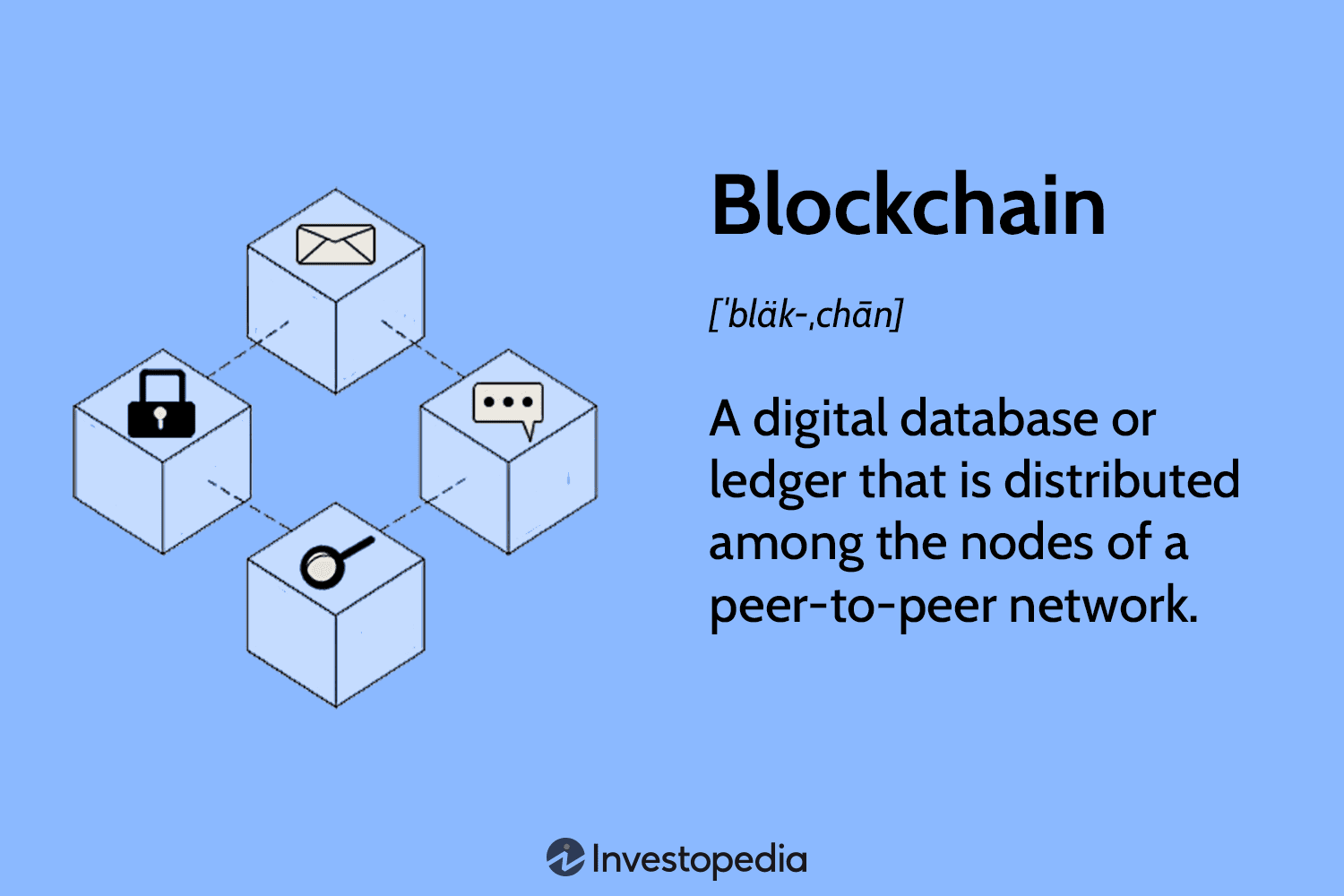
Solana, once hailed as the blockchain network endorsed by Sam Bankman-Fried, is now facing intense scrutiny amidst the FTX crisis. Many industry experts are questioning whether the close relationship between Solana and the disgraced crypto mogul, as well as his now-defunct FTX empire, will pose a threat to Solana’s future. In a recent episode of “Bloomberg Markets: The Close,” Hannah Miller provides insights into this matter. Investors are becoming increasingly nervous, as Solana has experienced multiple outages in the past year, creating a perfect storm of doubt and uncertainty about the blockchain network. However, there are still true believers in the world of blockchain who argue that the collapse of FTX underscores the significance of decentralized finance, where transactions are managed without the involvement of a central entity. These advocates highlight the importance of the blockchain technology and its potential use cases. Nonetheless, there are others who emphasize the need for increased oversight and regulation within the industry, as regulators are still grappling with how to effectively manage decentralized finance. Such uncertainty in the future of D5 puts people on edge, wondering what it might mean for the industry moving forward.
Solana’s Close Ties to Sam Bankman-Fried
Solana, a leading blockchain platform, maintains close ties with Sam Bankman-Fried, the founder and CEO of FTX, a prominent cryptocurrency exchange. Bankman-Fried has been a key investor in Solana and has actively supported its growth and development. This close relationship has played a significant role in shaping Solana’s success and has contributed to its rise in popularity among projects and investors within the crypto space.
Outages Experienced by Solana
However, despite its recent success, Solana has faced some challenges, particularly in terms of network outages. These outages have been a source of concern for users and have caused disruptions in the ecosystem. While Solana’s unique approach to scalability has allowed for increased transaction processing capacity, these outages have highlighted the need for further improvements in network stability.
The Perfect Storm: Nervousness Among Projects and Investors
The outages experienced by Solana have led to nervousness among projects and investors within the crypto space. The reliance on a single blockchain platform and the potential risks associated with it have raised questions about the reliability and security of decentralized finance (DeFi) projects. This nervousness has prompted many to reconsider their involvement in Solana and explore alternative options to ensure the sustainability and continuity of their projects.
The Crisis of Confidence in the Crypto Space
The outages experienced by Solana amplify the broader crisis of confidence in the crypto space. While blockchain technology holds great promise and potential, its inherent complexities and vulnerabilities have become apparent as the industry matures. Instances of network failures and security breaches have caused investors and regulators to question the reliability and long-term viability of decentralized systems.
The Future of Blockchain and the Importance of DeFi
Despite the challenges faced by Solana and the wider crypto space, the future of blockchain technology remains promising. The ability to enable secure and transparent peer-to-peer transactions has the potential to revolutionize various industries and redefine the way we interact with digital assets. Within this context, decentralized finance (DeFi) holds particular importance, as it allows for the creation and management of financial instruments without the need for intermediaries.
The Argument for Centralization in Scaling up the Industry
As the blockchain industry seeks to scale up and reach mainstream adoption, there is a compelling argument for greater centralization. While the core principles of decentralization remain crucial for transparency and security, incorporating elements of centralization can improve efficiency and mitigate potential risks. By striking the right balance between centralization and decentralization, the industry can navigate the challenges of scalability and stability more effectively.
Calls for Increased Oversight and Regulation
The recent outages and challenges faced by Solana have spurred calls for increased oversight and regulation within the crypto space. Many stakeholders believe that a more robust regulatory framework can address key concerns surrounding security, investor protection, and market stability. While regulation should not stifle innovation, it can contribute to the long-term sustainability and credibility of the industry.
Regulators’ Challenge in Managing DeFi
Regulators face a significant challenge in managing decentralized finance (DeFi) projects and platforms. The decentralized nature of blockchain technology makes it difficult to enforce traditional regulatory measures, and new approaches need to be explored. Balancing the need for consumer protection and market integrity while preserving the benefits of decentralized systems requires innovative regulatory solutions and collaboration between industry participants and regulatory bodies.
The Potential Impact of Solana’s Ties to FTX on Its Future
Solana’s close ties to FTX and Sam Bankman-Fried have the potential to shape its future trajectory. The collaboration between Solana and FTX opens up opportunities for integration and synergy between the blockchain platform and the cryptocurrency exchange. The combined expertise and resources of these entities can contribute to the further development of Solana and enhance its offerings, thereby solidifying its position within the crypto space.

This image is property of i.ytimg.com.
Conclusion
Solana’s close ties to Sam Bankman-Fried and FTX have played a pivotal role in its growth and development. However, the network outages experienced by Solana have highlighted the need for improvements in network stability and have raised concerns among projects and investors. The crisis of confidence in the crypto space, coupled with calls for increased oversight and regulation, presents both challenges and opportunities for the future of blockchain technology and decentralized finance. Ultimately, striking a balance between centralization and decentralization, along with innovative regulatory solutions, can contribute to the sustainable growth and success of the industry. Solana’s ties to FTX have the potential to positively impact its future, further solidifying its position as a leading blockchain platform. As the industry continues to mature and evolve, addressing these challenges and seizing the opportunities will be critical for the long-term success of blockchain technology and decentralized finance.



